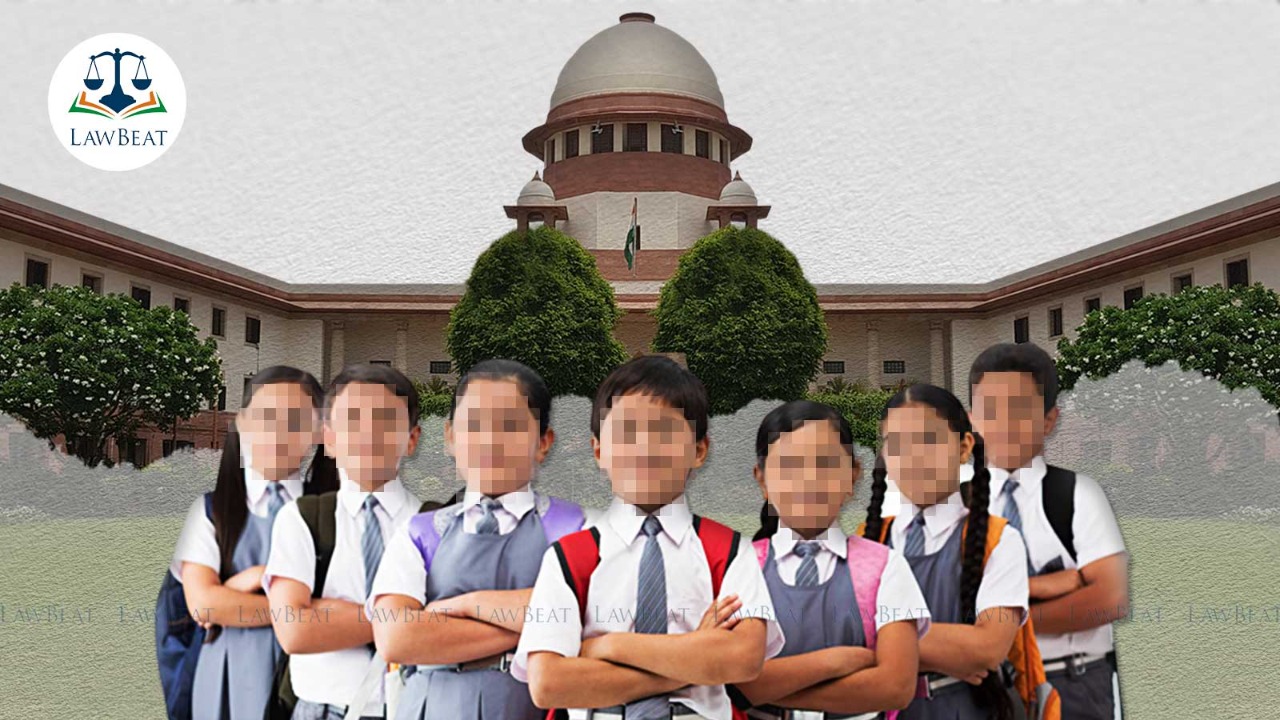BREAKING: PIL in Supreme Court seeks common dress code in registered and state-recognized educational institutions

A Public Interest Litigation (PIL) in the Supreme Court has sought the implementation of a Common Dress Code in registered and state recognized educational institutions in order to secure social equality, assure dignity and promote fraternity, unity and national integration.
The petition filed by one Nikhil Upadhyay states that the common dress code not only reduces violence but also promotes a more positive educational environment. It reduces other forms of violence that occur due to socio-economic differences.
It has further been stated that "in the US, UK, France, Singapore and China, all schools and colleges adhere to a common dress code despite frequent challenges to the constitutionality of dress guidelines. Most court rulings support the common dress code because the use of common dress code has many benefits."
Whereas, it was further submitted that "according to a survey, around 2,50,000 guns were brought in schools and colleges in 2018. So, having a common dress code that requires a student’s beltline exposed reduces the fear of a concealed weapon."
Listing down several other benefits of introducing a common dress code, the plea has sought for directions to:
- strictly implement a common dress code for staff and students in all registered and recognized educational institutions
- constitution of a Judicial Commission or an Expert Committee to suggest steps to inculcate the values of social economic justice and socialism secularism and democracy and to promote fraternity dignity unity and national integration among the students;
- Law Commission of India to prepare a report suggesting steps to secure social equality and to promote fraternity dignity unity and national integration within 3 months
It is to be noted that the matter is being heard before a Karnataka High Court bench, whereby girl students have challenged the alleged ban of wearing Hijab in government pre-university colleges in Udupi district.
Whereas, yesterday, Karnataka High Court had remarked that the endeavor of all the parties involved in the Hijab litigation should be “that the education of the students should start and without any difficulty. There should be an arrangement for this purpose.”
In addition to this, the matter was also mentioned before the Supreme Court yesterday, however, the apex court refused to interfere in the matter pertaining to Hijab Ban. The Chief Justice of India Justice Ramana remarked “Don't spread these things to a larger level.”
Cause Title: Nikhil Upadhyay vs Union of India & Ors.
